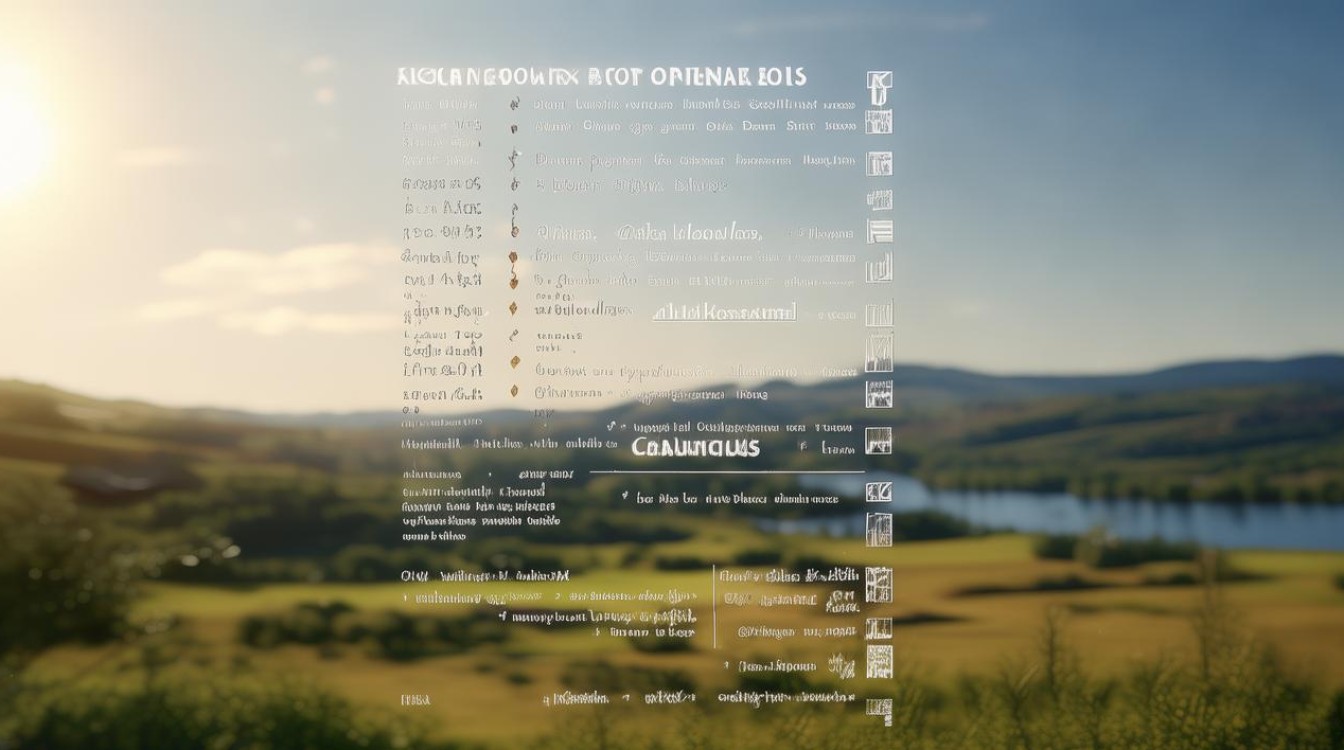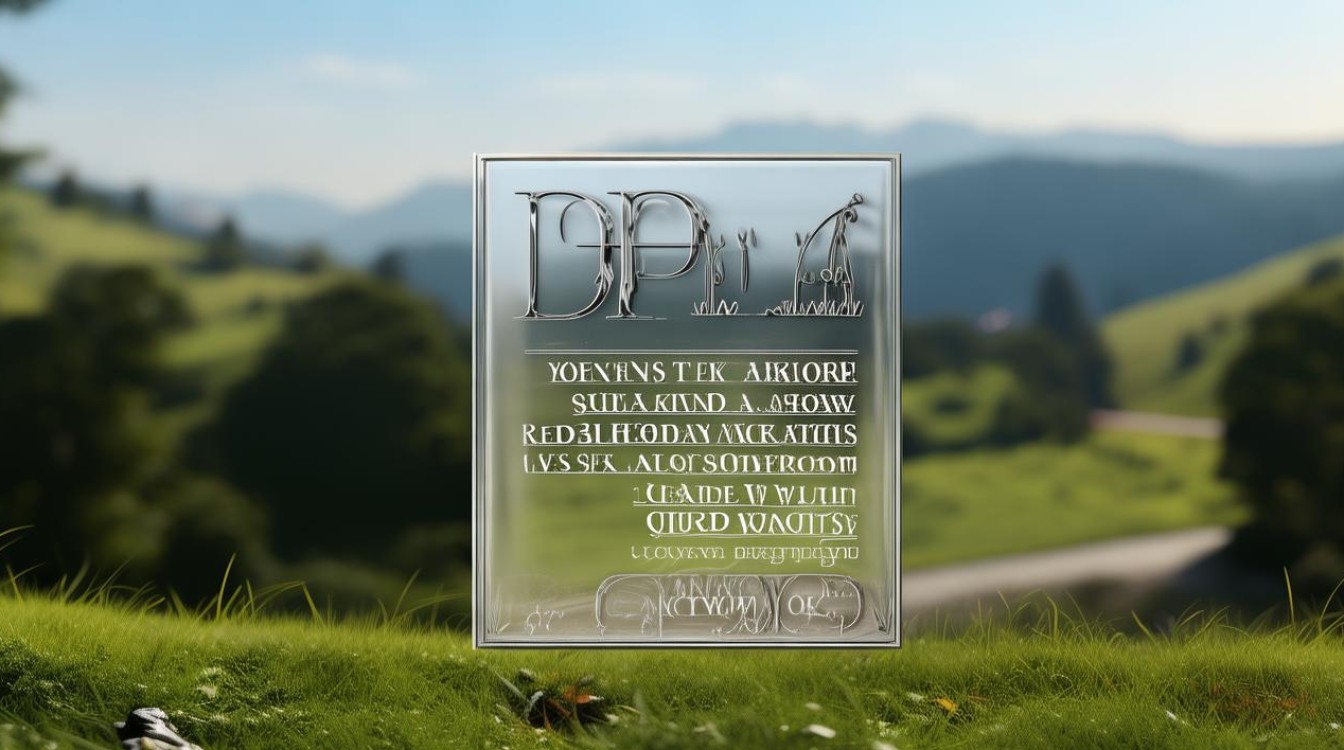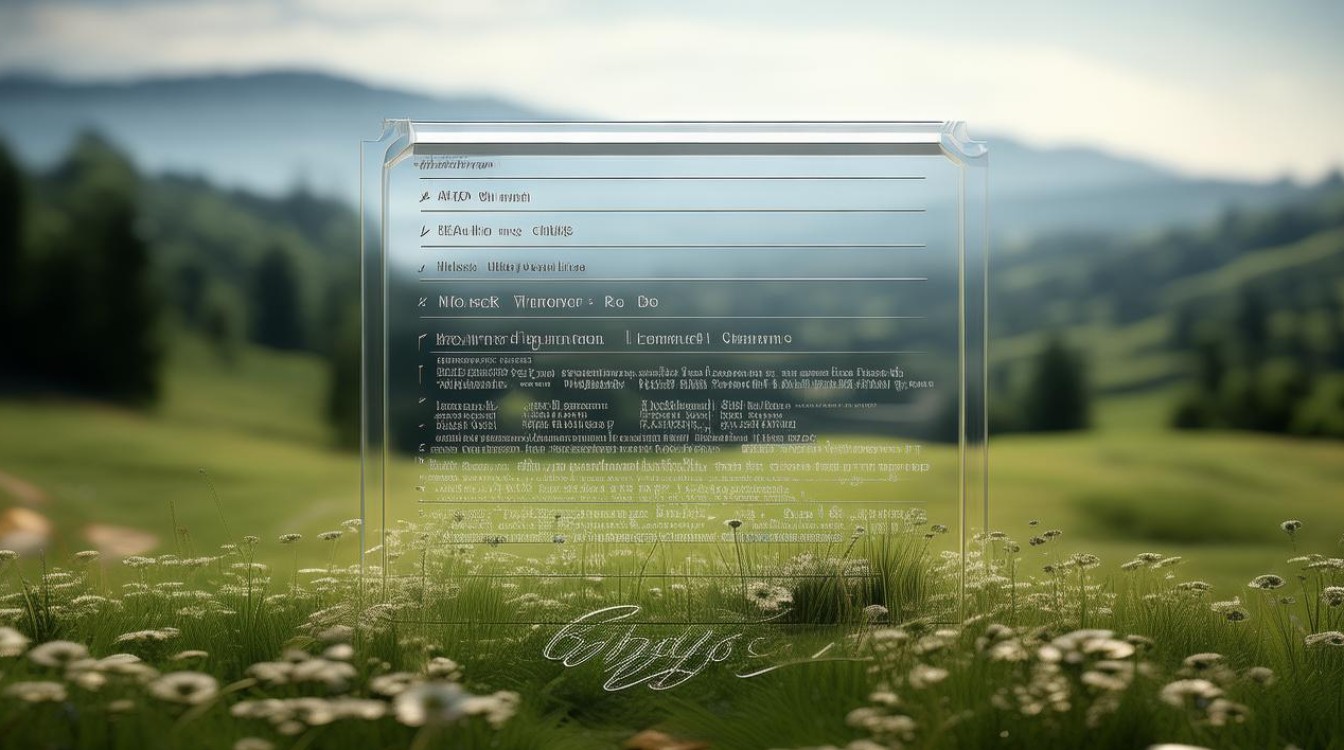The English language is rich and diverse, offering countless words to express ideas, emotions, and actions. Among them, words beginning with the letter "D" hold a special place, covering a wide range of meanings and uses. Whether you're a language learner, a writer, or simply curious, this exploration of "D" words will enhance your vocabulary and appreciation for linguistic variety.

Common and Useful "D" Words
- Dazzle – To impress deeply with brilliance or skill. A performer might dazzle an audience with a stunning display of talent.
- Delicate – Showing fine judgment or sensitivity. Handling fragile objects requires a delicate touch.
- Diligent – Showing persistent effort and hard work. A diligent student consistently puts in the time to master their studies.
- Dynamic – Characterized by constant change or activity. A dynamic workplace encourages innovation and adaptability.
- Diverse – Showing a great deal of variety. A diverse ecosystem supports many different species.
These words are not only practical but also versatile, fitting into everyday conversations, professional writing, and creative expression.
"D" Words in Different Contexts
Science and Technology
- Data – Facts and statistics collected for analysis. Modern businesses rely on data to make informed decisions.
- Density – The degree of compactness in a substance. Calculating density helps scientists understand material properties.
- Digital – Relating to computer technology. The digital revolution has transformed how we communicate and work.
Emotions and Personality
- Daring – Adventurous and willing to take risks. A daring explorer might venture into uncharted territories.
- Devoted – Very loyal and committed. A devoted friend stands by you through challenges.
- Dismal – Depressing or gloomy. A dismal weather forecast can affect people’s moods.
Nature and Environment
- Dew – Tiny drops of water that form on surfaces overnight. Morning dew glistens on grass blades.
- Drought – A prolonged period of low rainfall. Farmers struggle with crop failures during a severe drought.
- Dune – A hill of sand formed by wind. Desert landscapes often feature vast dunes.
Less Common but Fascinating "D" Words
Some "D" words are rare yet intriguing, adding depth to conversations and writing.
- Defenestrate – To throw someone out of a window. Historically, this term was used in political contexts.
- Diaphanous – Light, delicate, and translucent. A diaphanous curtain allows soft light to filter through.
- Dulcet – Sweet and soothing, often referring to sounds. The dulcet tones of a harp create a calming atmosphere.
These words may not appear in daily speech, but they enrich storytelling and descriptive writing.

How to Incorporate "D" Words into Your Vocabulary
Expanding your word bank doesn’t have to be difficult. Here are simple ways to integrate these terms:
- Read Widely – Books, articles, and essays expose you to new words in context.
- Practice Writing – Use a new "D" word in a sentence each day to reinforce memory.
- Engage in Conversations – Challenge yourself to include less common words naturally in discussions.
The Power of "D" Words in Communication
Words shape how we think and interact. Choosing the right "D" word can make speech more precise and engaging. For example:
- Instead of saying "very hardworking," try "diligent."
- Instead of "very bright," use "dazzling."
Small adjustments like these refine language and improve clarity.

English is a constantly evolving language, and mastering its nuances takes time. By focusing on words starting with "D," we uncover layers of meaning that enhance expression. Whether for professional growth, creative writing, or casual conversation, these words offer endless possibilities.
Language is a tool—sharpening it with diverse vocabulary ensures we communicate effectively and beautifully. So next time you speak or write, consider the depth a well-chosen "D" word can bring.

